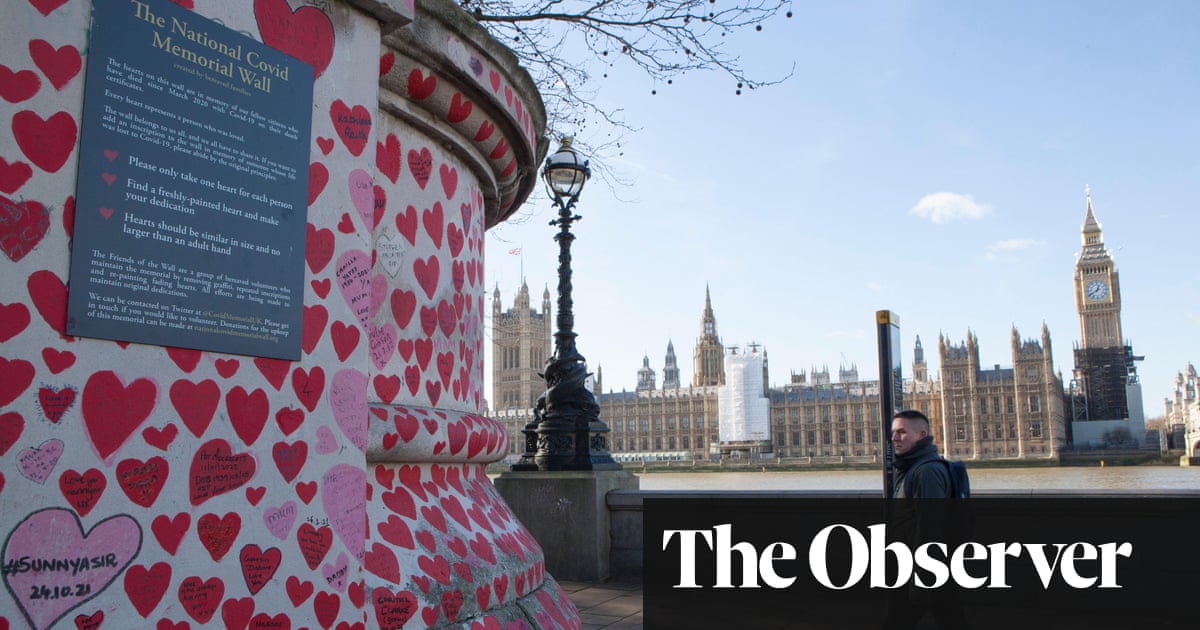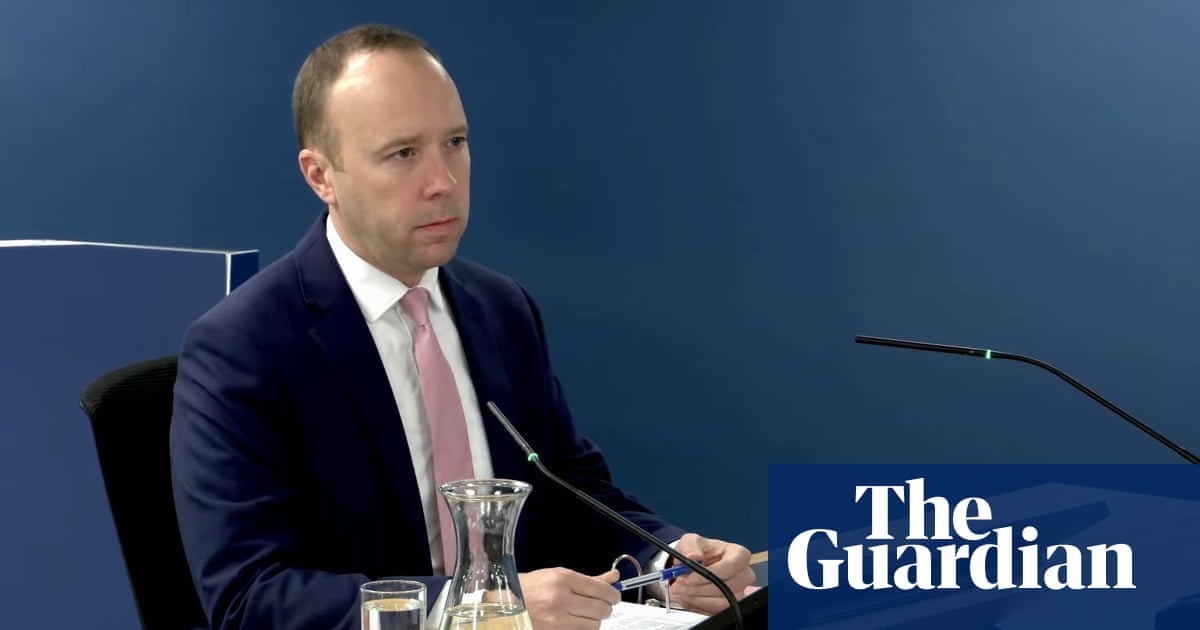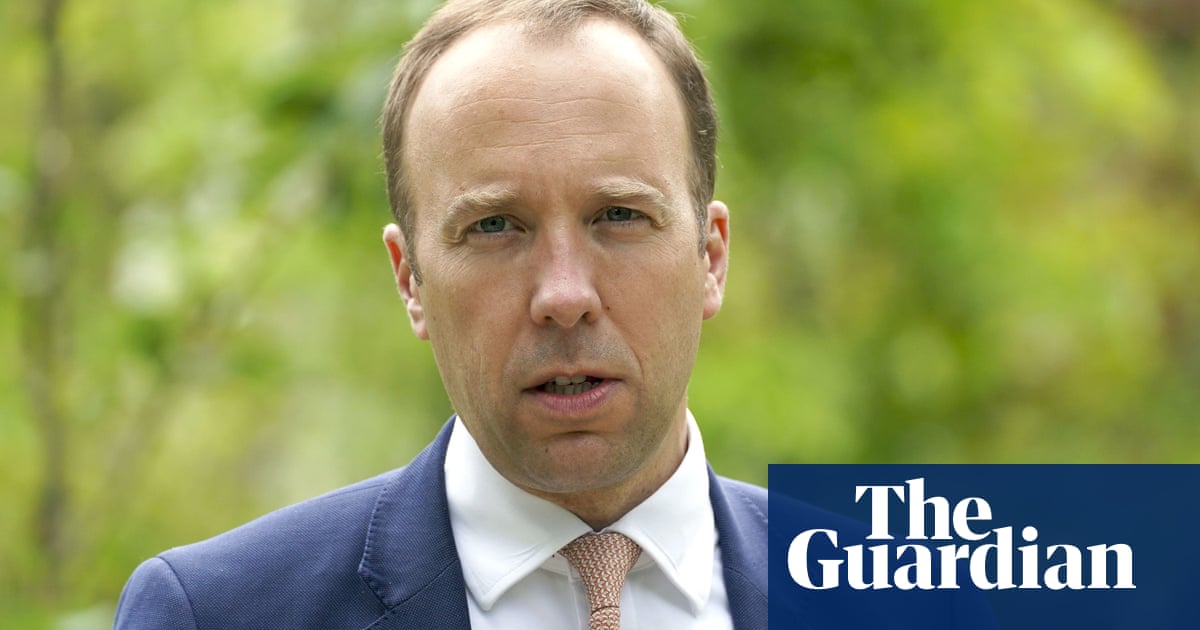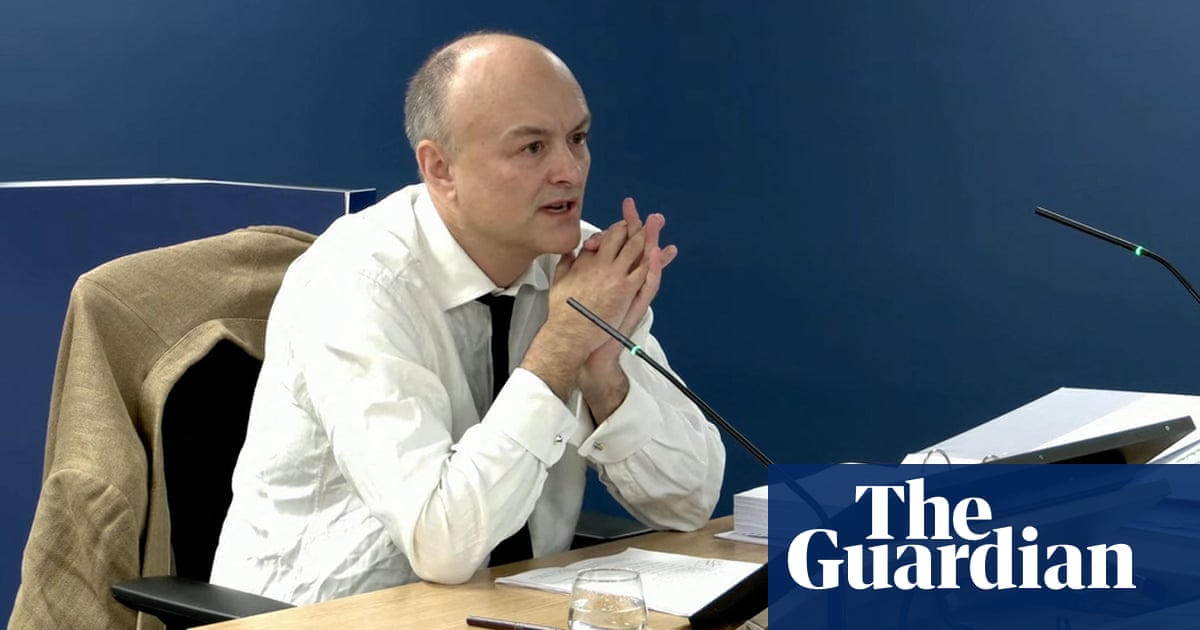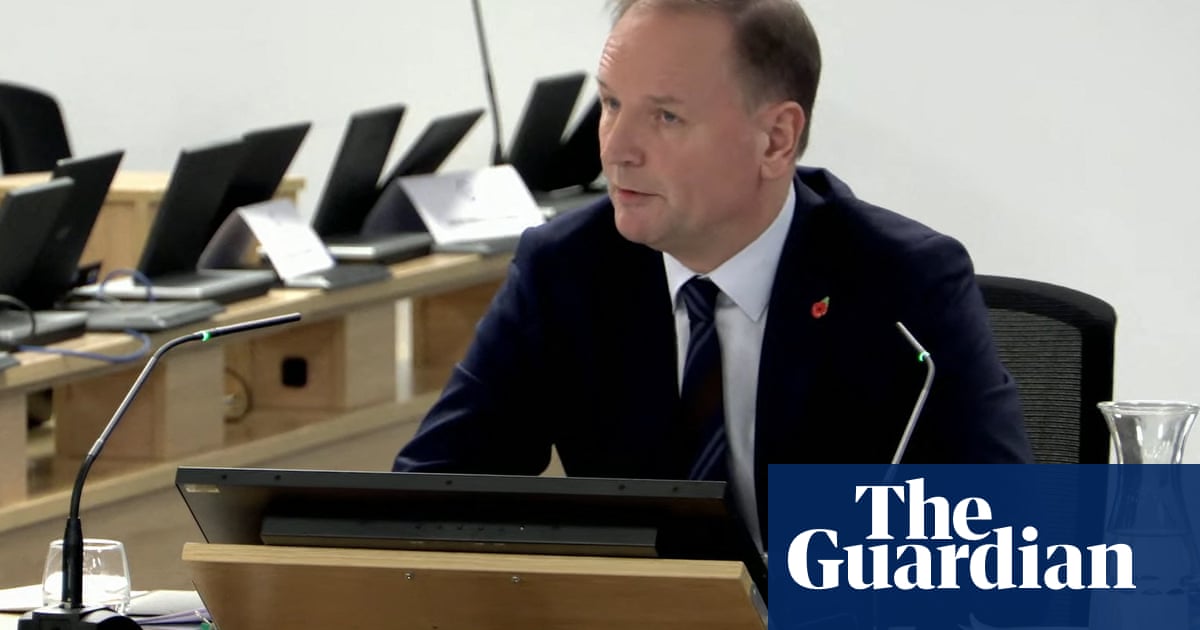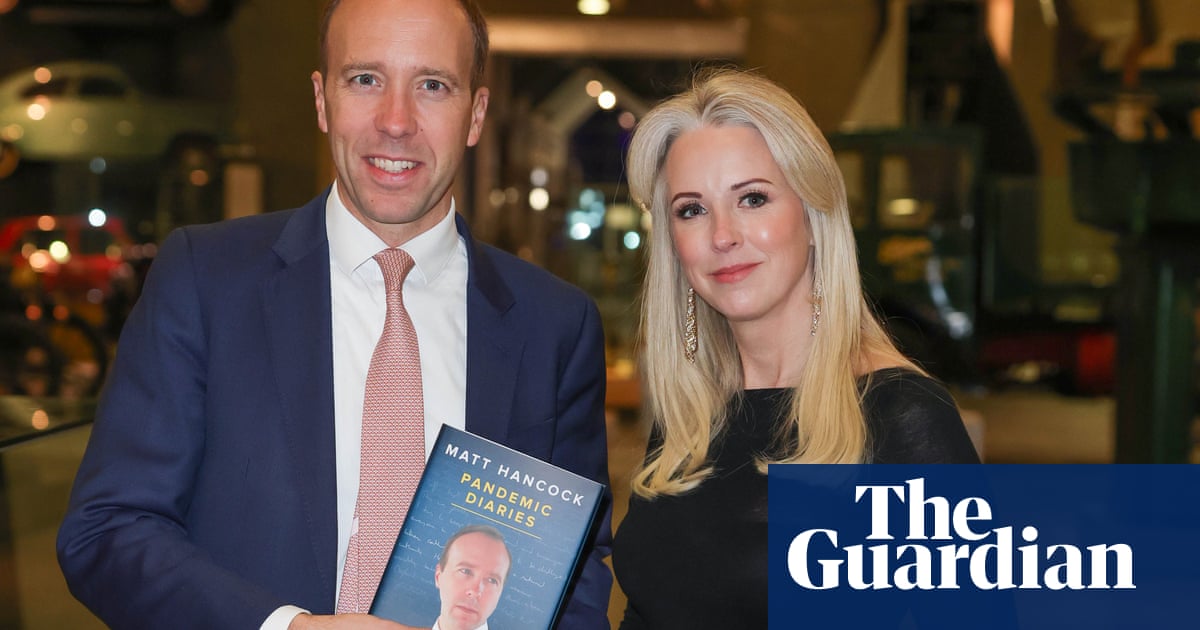
Ministers are battling to maintain confidence in the official Covid inquiry after it emerged that Matt Hancock entrusted more than 100,000 official WhatsApp messages to a journalist renowned as an outspoken critic of lockdown.
The messages, given by the former health secretary to Isabel Oakeshott, who then passed them to the Daily Telegraph, prompted calls from bereaved families’ groups and Labour for the inquiry to be given more teeth and be completed swiftly.
Both Hancock and a serving health minister insisted that what the Telegraph billed as the key revelation – that advice to test everyone entering a care home for Covid at the start of the pandemic – was presented misleadingly and ignored other evidence.
Hancock has reacted furiously to Oakeshott’s decision to provide the Telegraph with messages he originally gave her so she could ghostwrite his Pandemic Diaries memoir, and is said to be considering whether this breached a non-disclosure agreement (NDA) between the pair.
The Telegraph’s initial story about the messages focused on an April 2020 exchange in which Prof Chris Whitty, England’s chief medical officer, told Hancock that “all [people] going into care homes” should be tested, recommending “segregation whilst awaiting result”.
According to another leaked message, Hancock rejected this, telling an aide that such a move “muddies the waters”.
Hancock, who was Boris Johnson’s health secretary throughout the peak of the pandemic, said the narrative had been “doctored to create a false story”.
Helen Whately, the social care minister, who held the same post at the start of the pandemic, also said the story was misleading. She said the UK only had access to a limited number of tests, and highlighted what she described as an email sent immediately after the crucial message exchange calling for tests on hospital patients entering care homes.
The revelations so far, with the prospect of more stories in the coming days, are nonetheless uncomfortable for Hancock and the government.
There was a parallel sense of bemusement among many MPs about Hancock’s decision to entrust such a tranche of sensitive information about the pandemic response to a journalist noted for her anti-lockdown views. “I think Isabel is a terrific journalist. She’s not a very good friend,” the former health minister James Bethell told the BBC.
Several cabinet ministers from Johnson’s government have privately expressed anger and frustration at Hancock over the “naivety” of his disclosures, despite the fact he had drawn up an NDA with Oakeshott.
Other messages divulged to the Telegraph suggested:
Gavin Williamson, the then education secretary, said teachers were complaining about a lack of PPE in order “to have an excuse not to teach” adding that some teaching unions “really do just hate work”.
Pupils in English schools were told to wear face masks despite limited evidence of the policy’s efficacy after Johnson was told by Whitty that it was probably “not worth an argument” with Nicola Sturgeon, the Scottish first minister, on the issue.
Hancock asked George Osborne, the Conservative ex-chancellor for whom he once worked, for favourable coverage in the Evening Standard newspaper, which Osborne edited at the time.
Whately, as care minister, warned that restrictions on visitors to care homes at the time were “inhumane”.
An adviser to Hancock helped send a Covid test to the home of the then leader of the Commons, Jacob Rees-Mogg, in September 2020 – amid a backlog in testing – for one of his children.
Keir Starmer used prime minister’s questions to criticise what he called the “insulting and ghoulish spectacle” of Hancock’s book, and to demand that the official Covid-19 inquiry, which will only start formally hearing evidence later this month, complete its findings by the end of this year.
Rishi Sunak told Starmer: “Rather than comment on piecemeal bits of information, I’m sure [Starmer] will agree with me the right way for these things to be looked at is the Covid inquiry.
“There is a proper process to these things, it is an independent inquiry, it has the resources it needs, it has the powers it needs, and what we should do in this house is to let them get on and do their job.”
The Covid-19 Bereaved Families for Justice group said coverage of the WhatsApp messages showed the need for families to be represented at the hearings and be allowed to cross-examine witnesses such as Hancock.
But in a notably robust response, the chair of the inquiry opened Wednesday’s session by rejecting Oakeshott’s justification for betraying Hancock’s trust. Oakeshott wrote that she had leaked the messages because it would take “many years” before the end of the inquiry, which could be a “colossal whitewash”.
While not mentioning Oakeshott by name, the former judge Heather Hallett directly addressed the journalist’s claims, saying there was no other similar inquiry “with statutory powers to obtain evidence, with core participants playing important roles and with extraordinarily broad terms of reference”. Lady Hallett added: “Furthermore, I wish to emphasise there will be no whitewash.”
The expected stream of further stories based on the messages threatens not just to raise questions about the efficacy and timetable of the inquiry, but to also reignite wider arguments about the response to Covid, including whether lockdown measures were implemented effectively.
Adding to the confusion, there was speculation that Hancock may have breached data rules by passing on a haul of messages from other people without their consent.
In a statement on Wednesday, the Information Commissioner’s Office said it did not regard the messages as an issue it needed to consider, citing exemptions for areas such as journalism and for literary purposes which are in the public interest.
However, it added that the saga raised “questions around the conditions on which departing members of government retain and subsequently use official information which need to be considered by organisations such as the Cabinet Office”.
In his response to the initial Telegraph stories, Hancock – who resigned as health secretary in June 2021 for having breached his own Covid rules by engaging in a clinch with an aide – said the paper used “stolen messages [that] have been doctored to create a false story”.




